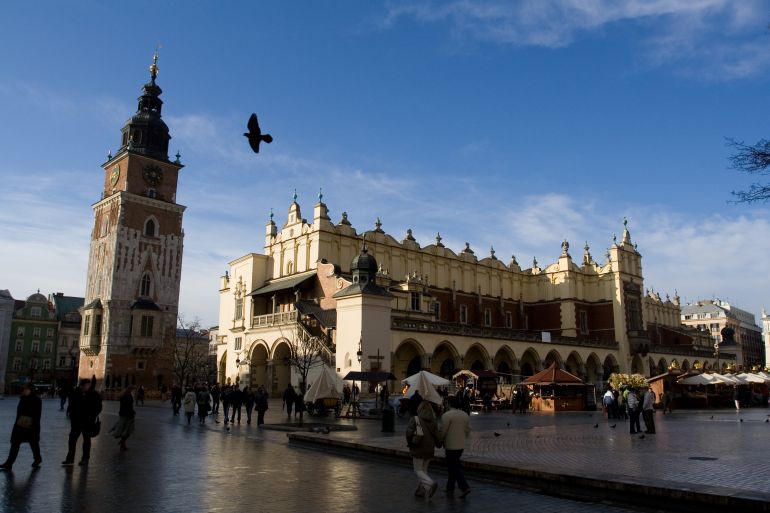At the end of the first quarter of 2013 two new permits were granted to run a business activity in the Kraków Special Economic Zone. The Management Board of the Kraków Technology Park gave permission to the companies Nasza Tradycja Sp. z o.o. and PEX-POOL PLUS TECHNOLOGIE Sp. z o.o.
Nasza Tradycja is planning to build a new modern bakery in the sub-zone Tarnów.
PEX-POOL PLUS TECHNOLOGIE is going to operate in the sub-zone Kraków Śródmieście. In the Business and Innovation Center COPERNICUS the company is to create a research and development centre, which will be connected with the production of engine, cogeneration and trigeneration generators. The company has plans for cooperation with representatives of the universities in Kraków.
Since the beginning of 2013 the Management Board of the Kraków Technology Park has already issued 9 permits (among others to Valeo Autosystemy sp. z o.o., Integer.pl S.A. and Motorola Solutions Systems Polska sp. z o.o.) Investors are contracted to incur financial outlays amounting at least to 220 million PLN. Moreover, they are to create at least 675 new workplaces and to keep the present employment rate (which cannot be not smaller than 4 720 employees) until the end of functioning of the Special Economic Zones.
The extension of functioning of the Special Economic Zones is heavily discussed at the moment. During a conference “Building of the competitive advantages of Poland” held on 11 March, the Vice-minister of Regional Development said, “One important principle of expenditure of the EU funds in next financial perspective will concern their dedication to investments that will be economically beneficial, especially those connected with so called “intelligent specializations”. Therefore, during the heated debate on the future of the zones in Poland, we should also reconsider how their business activity may support the inner potentials of particular regions.”
